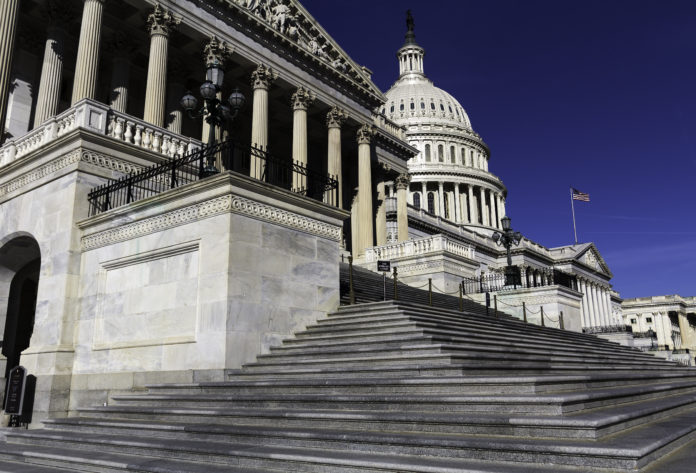It’s been almost four years since the Department of Labor (DOL) proposed a rule that would enforce a fiduciary duty on financial advisors who work with retirement accounts.
But little progress has been made towards imposing such a standard, thanks to continued protests from the financial industry. The most recent—and hopefully final— objection came last week, when representatives from several financial industry trade groups met with White House aides.
According to InvestmentNews, these groups hope to shape the DOL’s rule prior to its’ public release. Lawyers for the financial industry are concerned that the restrictions within the proposed law could strongly limit broker compensation for the sale of IRAs. They added that such a standard would prevent brokers from working with middle-income investors.
“Once the rule is re-proposed, there’s only so much that the Department can modify before the rule goes final,” Alice Joe, managing director of the U.S. Chamber of Commerce Center for Capital Markets Competitiveness, told InvestmentNews. “They can’t revamp the entire rule without having to re-propose it.”
Indications are that President Obama is increasing his support for the rule. The Department of Labor says such a standard is imperative to protecting retirees from conflicts of interest in the financial industry.
The recent meeting occurred in the wake of a White House memo that cast a dark light over the financial industry’s handling of retirement accounts. The memo read, in part, that ‘the current regulatory environment creates perverse incentives that ultimately cost savers billions of dollars per year.’ Other highlights from the memo include:
• Financial advisors receiving incentives to move retirement savers from low-cost plans to higher-fee accounts;
• Incentives to encourage excessive ‘churning’ (repeated buying and selling) of assets—all with financial payoffs for the advisor
What does it mean for retirees? The authors of the memo attempted to put a dollar figure on the potential losses—conservatively estimating that these conflicts of interest cost people planning for retirement between $6 billion and $8 billion annually. Moreover, they added, conflicts of interest alone can cost an investor ‘at least’ 5-10 percent of his retirement nest egg over a 30-year period.
The authors added that due to the difficulty of defining specific conflicts of interest, these estimates tilted towards the conservative end of the actual numbers.
Luckily, these costs received enough attention that the DOL is compelled to act. Nonetheless, the financial industry remains determined to make the battle as long and as difficult as possible. The industry likely realizes that they won’t be able to avoid the rule altogether, but they are determined to exhaust every option to slow it down. The ultimate goal, it appears, is to create enough doubt that the rule cannot be passed during the current administration.
“Every delay plays into their hands,” said Barbara Roper, Director of Investor Protection at the Consumer Federation of America.













